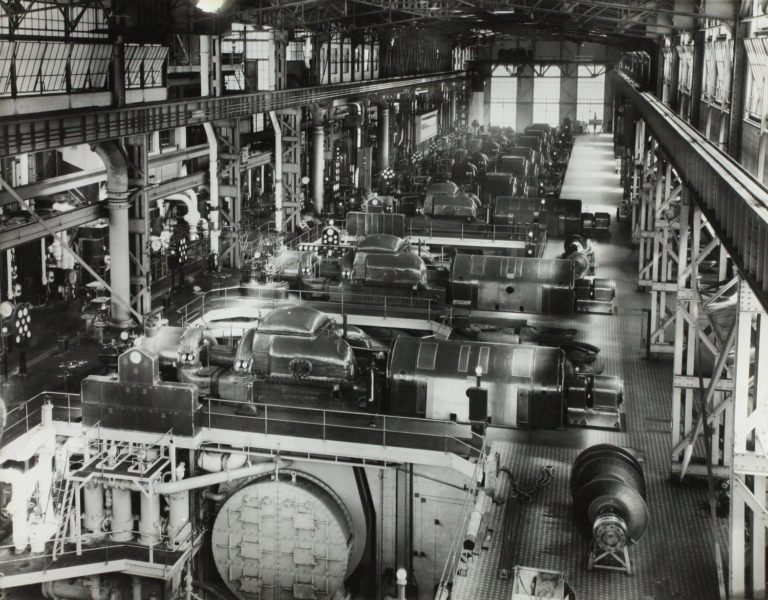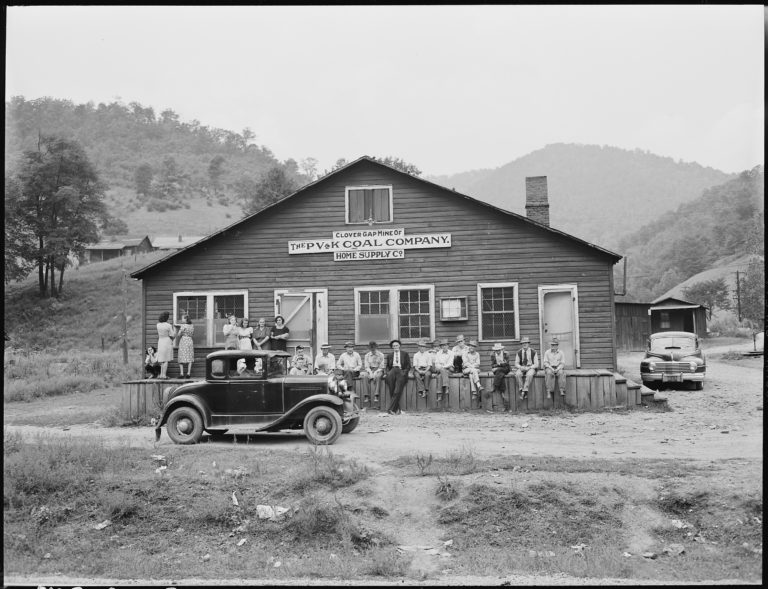This reply critically analyzes the concept of “solidarity” in Caroline West’s account of the role that a Universal Basic Income (UBI) could play in Central Appalachian re-development. I argue that a robust structural form of “solidarity” would necessarily play an essential role in formulating a political bloc capable of implementing an ambitious project like a UBI. In addition to this implicit role of a structural form of solidarity that can connect various communities and constituencies together into a powerful political bloc, Caroline West also articulates an important role for highly local forms of community and solidarity in this region’s transformation. Given the two distinct ways that “solidarity” functions in her account, I raise questions about how the formal features of a UBI relate to both its local and more structural forms.
Keyword: Appalachia
From Company Town to Post-Industrial: Inquiry on the Redistribution of Space and Capital with a Universal Basic Income
This paper considers what effects a universal basic income could have on disrupting social and economic inequality in the tensions of urban/rural divide. She frames her inquiry on the political economy of land and labor in the collapse of coal industry “company towns” and its structural aftermath in Central Appalachia.

